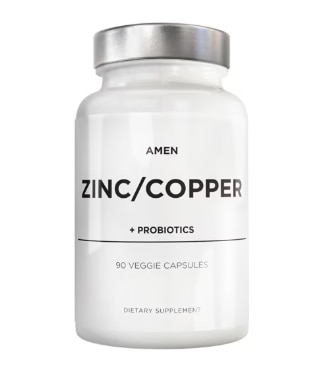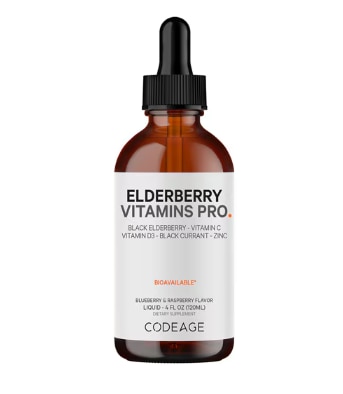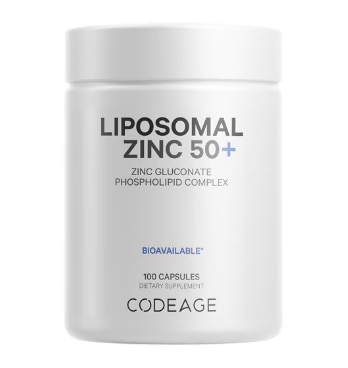Adults experience an average of two to three colds per year, and they most often happen between September and May. These infections are usually in the nose and throat, also known as the upper respiratory tract. While they are usually mild, colds, caused by over 200 varieties of respiratory viruses, can turn dangerous, developing into bronchitis or pneumonia or spreading bacteria into the ears and sinuses.
You’ve likely been told by a well-meaning family member during the winter months to bundle up or “you’ll catch your death out there,” as a common exaggeration, suggesting you’re sure to catch a cold. But if you’ve ever wondered how much of a role, if any, cold weather plays in making you sick or weakening your immune system, you’re not alone.
Why colds and respiratory illnesses increase in winter
Scientists have studied this phenomenon for decades, unsure exactly why illnesses increase during the colder months, blaming everything from indoor air quality to closer contact with others as people stay inside. But there is indeed a biological reason why people tend to get sick more often as temperatures drop.
While some have previously believed the increase in illness may be a side effect of being indoors more often, others have assumed various biological reasons like tightening airways (bronchoconstriction) and suppressed immune system responses. More recently, another biological reason was discovered, and it has to do with your nose.
How your nose responds when cold viruses enter
Viruses often enter through your nose as you breathe or touch your nose with a virus on your hands. When this happens, your nasal cells release tiny sacs called extracellular vesicles (EV) that act as decoys, binding to viruses and preventing them from infecting your cells. However, low temperatures (reduce the number and effectiveness of EVs.
What’s more, a specific molecule, miR-17, within EVs that acts like a weapon to kill viruses decreases when you’re exposed to the cold, leaving you more vulnerable to infections.
How to prevent a cold
Cold symptoms (sore throat, runny nose, cough, sneezing) typically peak within 1-3 days and last a week to 10 days. Keeping yourself cold-free is possible with lifestyle habits, including hygiene, nutrition, sleep and stress reduction.
Practice good hygiene
Good hygiene is the first defense against viruses because it can stop them from entering your body in the first place. Handwashing is crucial, using warm water and soap, especially before and after eating and using the washroom. Hand sanitizer is also a great way to kill viruses, but only if your hands are already relatively clean and not soiled with anything.
Gloves and masks lower the risk of spreading the cold to other people, so if you or anyone in your household is sick, wearing them is a good idea as well.
Eat a nutrient dense diet
Your diet plays a major role in how well your immune system functions. Macro and micronutrients, along with phytochemicals, all affect how your body defends itself from invaders like bacteria and viruses. A nutrient-rich diet, such as the Mediterranean diet, increases the resources your body needs to defend you from colds and other illnesses, preventing them from winning out over your immune system.
Protein: Amino acids in proteins, like L-arginine and L-tryptophan, are important for the proper functioning of macrophages (white blood cells) in the immune system, among other things. Get it from poultry, seafood, tofu and lean beef.
Vitamins and minerals: Vitamins like A and zinc play important roles in immune function and cell division and growth, such as altering how quickly the body produces antibodies.
- B vitamins help your body fight infections by supporting a healthy inflammatory response and supporting the activity of immune cells.†
- Vitamins C and D protect the body from harmful substances, support the immune system and promote a healthy inflammatory response.†
Whole foods like eggs, shellfish, whole grains, fruits, and vegetables provide plenty of vitamins and minerals.
Polyunsaturated fatty acids: Omega 3 and 6 fatty acids help build cell membranes, regulate various bodily functions and play a role in the immune system, reducing inflammation. Fatty fish, olive oil, nuts, soybeans, poultry skin, eggs and avocados contain fatty acids.
Balance sleep and stress
Sleep and stress management lets your body use resources to prevent and fight viruses and infections. Poor sleep puts sleep and stress hormones out of balance and limits growth hormone which is important for repair. Even your gut bacteria will be affected by your sleep and stress, which also impacts your immune system.
Support immune health with supplements†
Supplements can help ensure you’re getting enough of the nutrients you need to support your immune system, including vitamin C, probiotics and zinc. Examples include Codeage Organic Black Elderberry Vegan Immune Complex Formula with Vitamin C D3 & Zinc, Codeage Liposomal Vitamin C 1500 mg Supplement with Zinc, Codeage Liposomal Vitamin C Immune System Support Formula with zinc, or tasty Immunity Gummies Vitamin C Sambucus Echinacea & Propolis in raspberry flavor.†
Be sure to talk to your healthcare provider about lifestyle changes that can support your immune health, or if you plan to add supplements to your routine.
†These statements have not been approved by the Food and Drug Administration. These products are not intended to diagnose, treat, cure or prevent disease.




